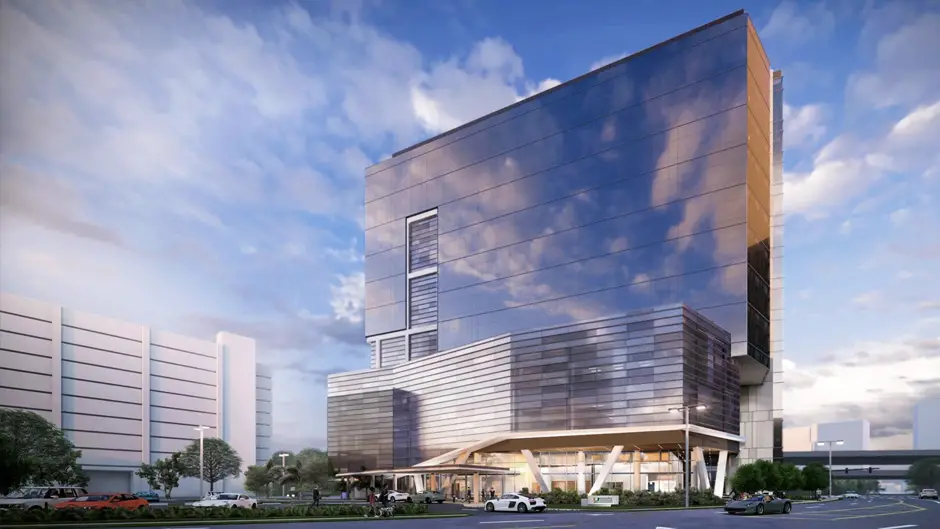The construction of a new Sylvester Transformational Cancer Research Building (TCRB) in Miami, which will double the research space of Sylvester Comprehensive Cancer Center that provides comprehensive cancer services to the South Florida community, has begun following a groundbreaking ceremony carried out at the University of Miami (UM).
With Tampa-based Hellmuth Obata & Kassabaum, as the architect and Whiting-Turner Contracting Company, as the general contractor, the project will be carried out on the 1.78-acre parcel situated on 1420 N.W. Ninth Ave with $250 million gotten from support donations and fundraising.
Upon completion, the new 12-storey research centre will be ultramodern patient care and research centre for the treatment of cancer, providing support for innovative and emerging advancements towards achieving its goal.
This project is expected to become fully operational by 2024.
Features of the New Transformational Cancer Research Building
According to Dr Stephen D. Nimer, the Miller School of Medicine’s executive dean for research, the first 3 floors of the New Sylvester Transformational Cancer Research Building (TCRB) in Miami will consist of clinical treatment and radiology units.
On the higher floors, Nimer, who has been with the University of Miami for up to 10 years and recruited 210 faculty, each with four to six assistants, said that the building will offer usable research space spanning across 100,000 square feet adding that it would create room for about 500 additional cancer researchers.
Also Read New Patient Building to be Build at Abbott Northwestern Hospital Campus in Minneapolis
He mentioned that doubling the research space was essential for increasing productivity, and this will also pave the way for Miami to become the centre for life science and biotechnology companies.
UM’s President Dr Julio Frenk, on the other hand, mentioned that the TCRB project would serve in promoting the academic health system’s mission of promoting health access and equity. He pointed out that this new development was giving their organisation the opportunity to create treatments for different populations in Miami, while also amplifying their impact on global communities.

Leave a Reply